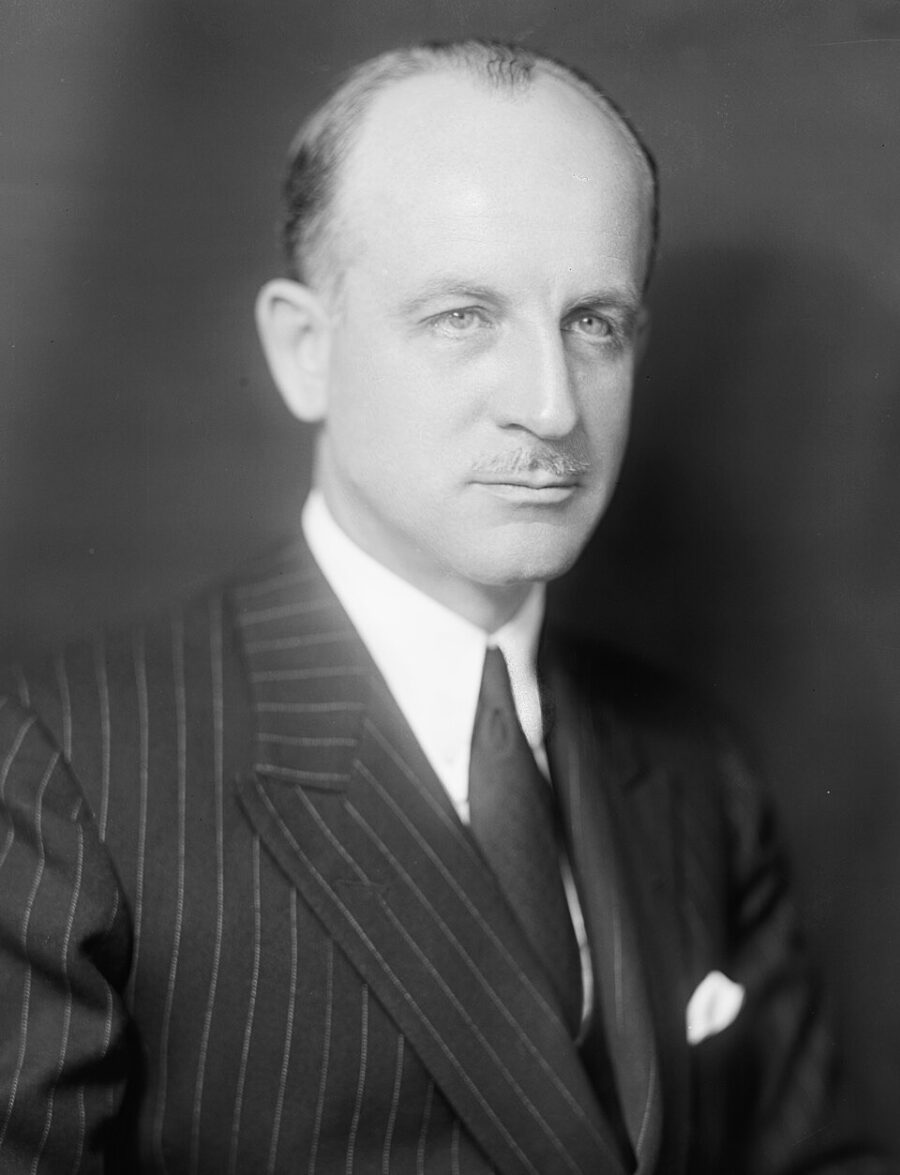Donald Trump, in a geopolitical betrayal of seismic proportions, appears to have switched sides in the three-year-old Russia-Ukraine war.
Until Trump’s return as president on January 20, the United States backed Ukraine unequivocally. Joe Biden, Trump’s predecessor, condemned Russia’s brazen invasion of Ukraine in the winter of 2022. He provided Ukraine with economic and political support and channelled weapons and munitions to Kyiv.
This was the right thing to do. Russia’s aggression could not be countenanced.
In justifying his “special military operation,” Russian President Vladimir Putin ludicrously claimed that he sought to “de-Nazify” Ukraine, a former Soviet republic whose president, Volodymyr Zelensky, is Jewish.
Putin’s self-serving objective from the outset was clear: the destruction of Ukrainian independence and sovereignty. In Putin’s eyes, Ukraine is an artificial entity, an integral part of Russia.
The United States, as well as Ukraine’s European allies, understood the stakes, realizing that a Russian military victory would embolden Putin and thereby threaten the security of neighboring countries such as Poland, the Baltic states and Romania.
Three years on, the Trump administration fails to understand the dire implications of its ill-conceived policy toward Ukraine and Russia. Its pressure campaign to force Ukraine to make unacceptable territorial concessions to Russia so as to end the war quickly is unbalanced and unfair.
Much to Trump’s disappointment, Putin implicitly rejected a U.S. ceasefire deal that Zelensky accepted with alacrity. Instead of respectfully abiding by the truce, Russia blatantly dishonored it by continually launching missiles and drones at Ukrainian cities, killing dozens of innocent civilians and wrecking residential neighborhoods.
Russia, having apparently recaptured a sliver of its land seized by Ukraine last year, is now open to peace talks without preconditions.
Much to Ukraine’s chagrin, Trump treats Russia as the aggrieved victim in his quest to normalize bilateral relations with the Russians. Only lately has he diverged from this erroneous course. On April 26, following his whirlwind visit to Rome for Pope Francis’ funeral, he finally worked up the gumption to criticize Russia.
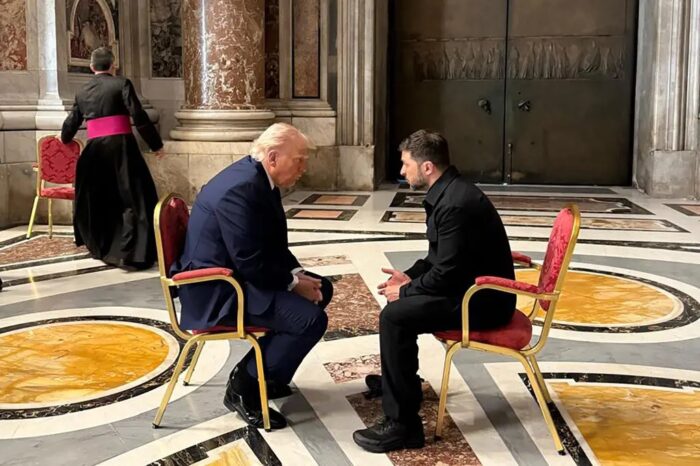
“There was no reason for Putin to be shooting missiles into civilian areas, cities and town over the last few days,” he wrote on his social media site, threatening to impose new sanctions on Russia. “It makes me think that maybe he doesn’t want to stop the war, he’s just tapping me along.”
Whatever the case may be, the United States has every right to establish cordial and mutually profitable relations with Russia, but not at the price of abandoning Ukraine, a reliable ally, to Putin’s tender mercies.
Under Trump’s one-sided peace plan, Ukraine would not be permitted to join the NATO alliance and would be required to relinquish Crimea, a former Russian province which Russia seized and annexed in 2014. Ukraine also would be compelled to cede about 20 percent of its territory that Russian forces have conquered since 2022. As U.S. Vice President J.D Vance said, “We’re going to freeze the territorial lines at some level close to where they are today.”
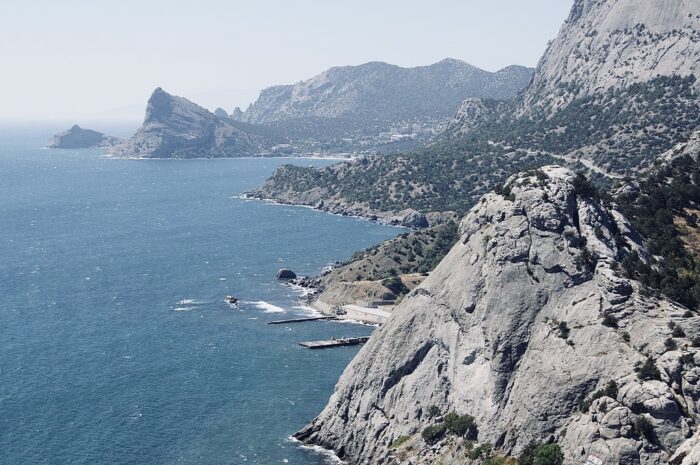
The Trump administration’s blithe acceptance of Russia’s land grabs in Luhansk, Donetsk, Kherson and Zaporizhzhia runs counter to decades of U.S. policy.
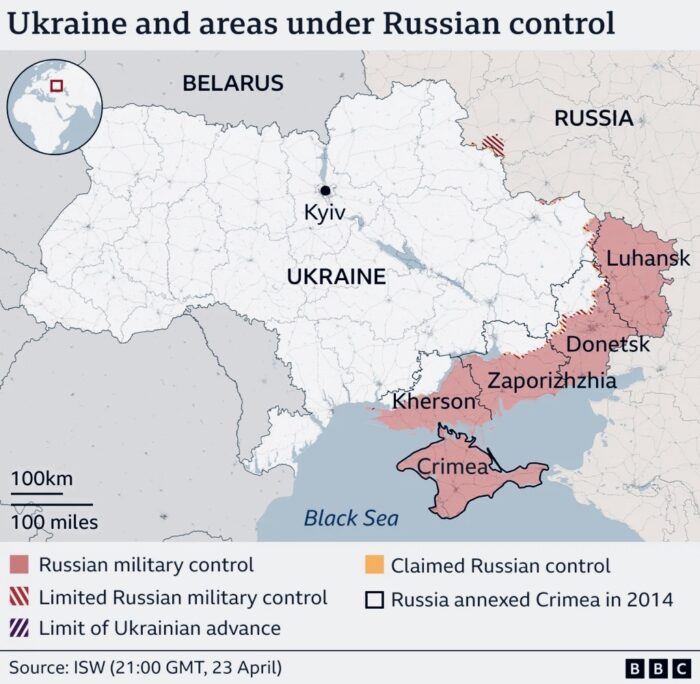
The U.S. non-profit Robert Lansing Institute for Global Threats and Democracies Studies believes that American recognition of Russia’s annexation of Crimea would be “a strategic blow to international norms.” It would “undermine the principle of territorial integrity enshrined in international law and weaken the post-WWII legal order.” This would “encourage other authoritarian states, such as China or Turkey, to pursue territorial revisionism.”
Trump’s secretary of state, Marco Rubio, supports Trump’s revisionist position. But three years ago, when he was a senator, he co-sponsored an amendment to prohibit the United States from recognizing Russia’s claims of sovereignty over parts of Ukraine seized by the Russian army.
Mike Pompeo, Trump’s second secretary of state during his first term as president, enunciated U.S. policy in 2018 when he declared that the United States would not legitimize Russia’s territorial aggrandizement by recognizing Crimea as Russian territory. “As we did in the Welles Declaration in 1940, the United States reaffirms as policy its refusal to recognize the Kremlin’s claim of sovereignty over territory seized by force in contravention of international law,” he said.
In 1940, after the Soviet Union’s annexation of the Baltic States of Estonia, Latvia and Lithuania, the then under secretary of state, Sumner Welles, issued a seminal statement that would define U.S. foreign policy until very recently.
“The people of the United States are opposed to predatory activities no matter whether they are carried on by the use of force or by the threat of force,” he said. “Unless the doctrine in which these principles are inherent once again governs the relations between nations, the rule of reason, of justice and of law — in other words, the basis of modern civilization itself — cannot be preserved.”
Embracing Welles’ lead, dozens of countries refused to recognize the imperialist ambitions of the Soviet Union in the Baltic states. Trump has upended the Welles doctrine by virtue of his toleration of Russian expansionism. This has placed Ukraine in jeopardy and nations adjacent to Russia in potential peril.
Realizing that Trump is deadly serious, despite his fleeting reservations about Putin’s sincerity, Ukraine has drafted a proposal under which its security would be guaranteed by a European force stationed on Ukrainian territory and backed by the United States.
The plan does not mention two key issues that, Zelensky previously said, are non-negotiable: Russia’s withdrawal from the occupied areas and Ukraine’s desire for inclusion in NATO. This means that Ukraine may be amenable to relinquishing some captured territory and foregoing NATO membership.
Realistically, Ukraine should forget about joining NATO. This, surely, would be a provocation to Russia, whose regional interests must be taken into account. Yet there is no reason why Ukraine should not be invited to join the European Union.
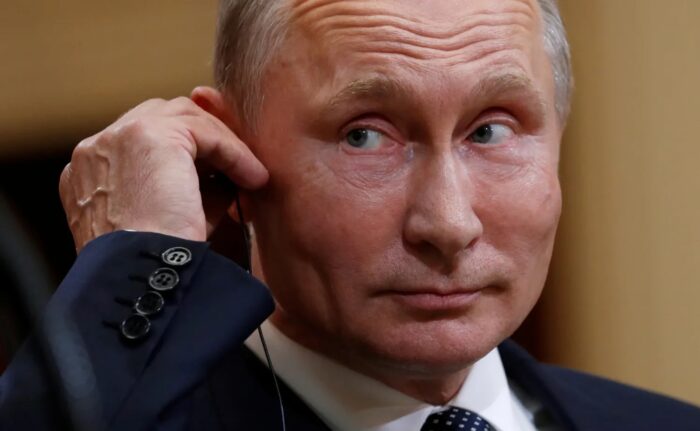
In all fairness, Russia should pull its forces out of the areas it has occupied since 2022. Russia, however, should be permitted to hold on to Crimea, which was annexed by Catherine the Great in 1783 and remained part of Russia until Nikita Khrushchev’s decision in 1954 to transfer it to Ukraine. Putin, in discussing the Crimean peninsula — the base of its Black Sea Fleet — has spoken of Russia’s “living and unbreakable bond” with it.
Looking ahead, both sides in this bitter conflict will be called upon to make painful compromises so that peace can finally prevail. Trump can be of assistance. Rather than endorsing Russian aggression, he should be an honest broker in diplomatic attempts to end this war.
